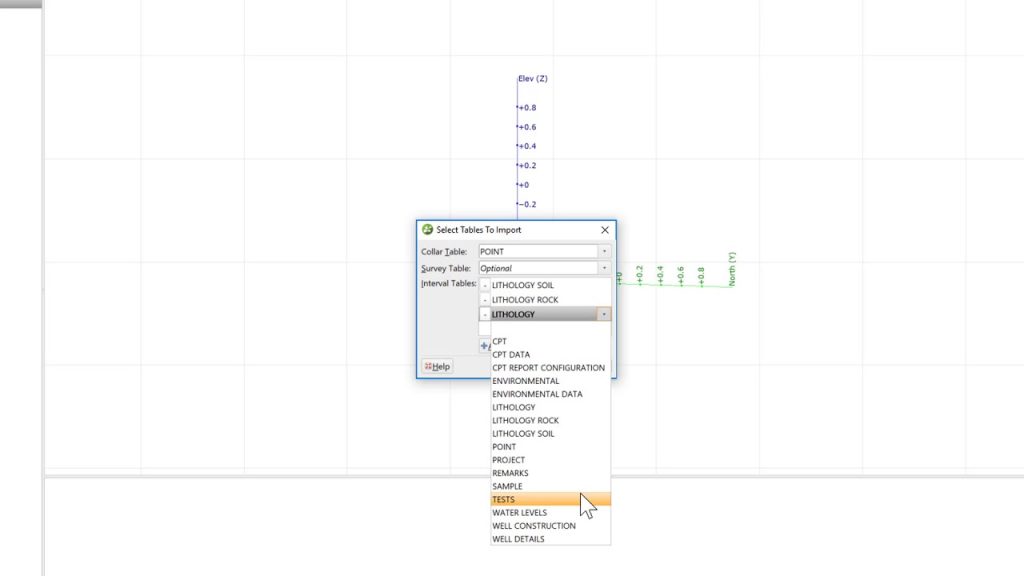Importing a gINT Database

Please note: In late 2020, Leapfrog Works received a significant update to its user interface, as well as two additional options for importing borehole data. In addition to the borehole import option covered in this video (which is still entirely valid), it is also now possible to import borehole data directly from Bentley’s OpenGround Cloud environment, as well as directly from the Seequent Data Room, accessed through Seequent Central. We also now support multiple borehole datasets. While the current version of Leapfrog looks quite different from the version used to record this video, most of this content is still valid as the layout, location of functions, and workflows remain largely the same.
For more information about the latest new features, please see the Leapfrog Works product page (https://my.seequent.com/products/leapfrog-works/latest).
Also, we are working to update our courses in MySeequent. As we do, you will find the most up to date information on Seequent Learning (https://lms.seequentlearning.com/dashboard).
0:00 – Introduction to importing a gINT database into Leapfrog
0:28 – Importing a gINT database
1:49 – Borehole import wizard
Source


Responses